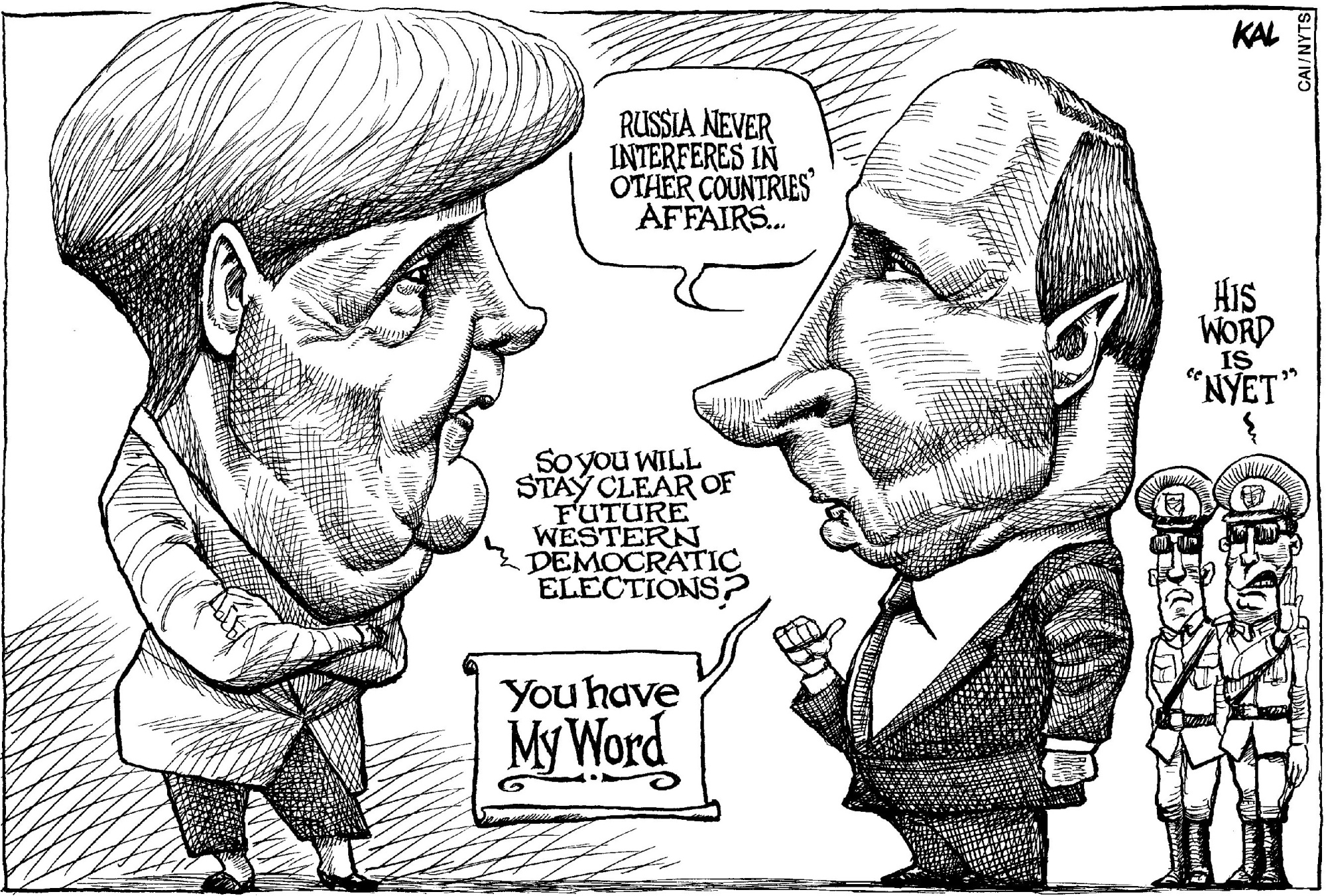A few weeks ago, Mikhail Gorbachev — the last leader of the Soviet Union and the man who did more than anyone to end the Cold War — told the German newspaper Bild that it is possible "to recognize all the features of a new Cold War in today's world." The United States "has already dragged" Russia into it, Gorbachev has said, in an effort "to realize its general triumphalist idea."
But is the current antagonism between the U.S. and Russia really "new"? And is it credible to place the blame overwhelmingly on the U.S., as Gorbachev and certainly the Kremlin are inclined to do? To answer these questions, we must look to history — beginning long before Winston Churchill's "Iron Curtain Speech" in 1946.
In fact, the adversarial relationship between Russia and the West began over a century before the Cold War. Back in the 1820s, Russia emerged not only as the principal victor in the Napoleonic wars, but also as the most conservative — or, more accurately, reactionary — force in Europe. Under Czars Alexander I and Nicholas I, it stood ready to counter any sign of a renewal of the "revolutionary plague" infecting the continent's monarchies.



















With your current subscription plan you can comment on stories. However, before writing your first comment, please create a display name in the Profile section of your subscriber account page.